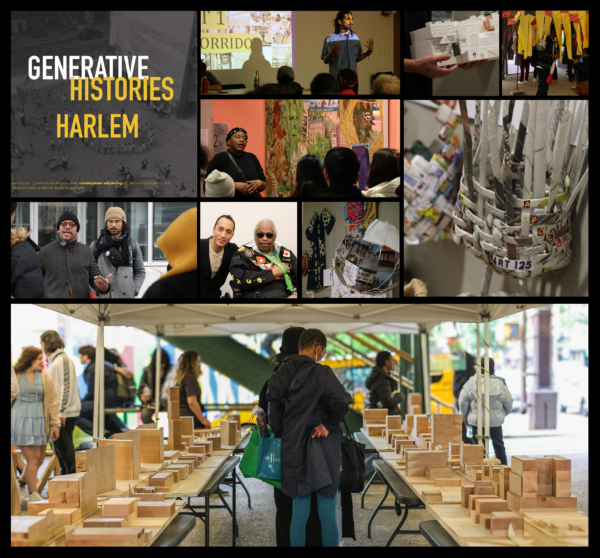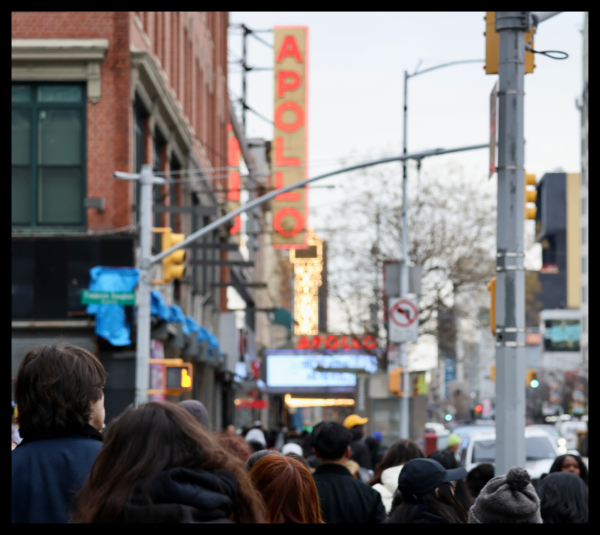The Place, Memory, and Culture Incubator
What is the Place, Memory, and Culture Incubator?
The Place, Memory, and Culture Incubator (PMCI) is a new initiative within the Spitzer School of Architecture. Funded by a grant from the Mellon Foundation, it seeks to redefine the role of preservation in the face of ongoing urban transformations in Harlem. The Incubator aims to interact with Harlem communities to transform the ways in which students engage and connect with their deep-seated histories. Design studios will record, visualize, and preserve heritage while projecting innovative, resilient cultural and spatial futures.
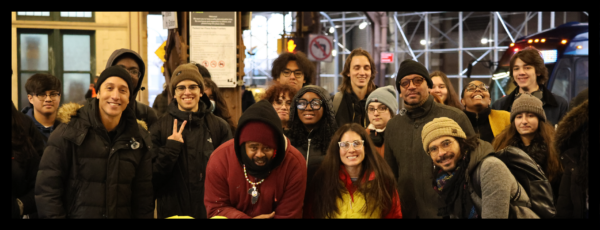
The PMCI’s approach is collaborative, ensuring that insights are shared with the broader Harlem community through exhibitions, symposia, a Living Digital Archive, public art, and education programs. Through this outreach, the Incubator furthers its commitment to fostering environmental and social justice in Harlem, promoting positive change and sustainable development within the community.
In addition to fostering reciprocal university-community partnerships, the Incubator is committed to diversifying faculty, integrating the humanities and various art forms into design studios, and learning from community-led preservation efforts.

Who is the PMCI for?
The Incubator seeks to engage the diverse residents and stakeholders of Harlem, particularly those deeply invested in preserving and advancing their community through both traditional and nontraditional archives. It fosters meaningful connections with Harlem’s rich history and collective memory, appealing to those who cherish the built environment and its inhabitants.
Serving as a platform for individuals and groups involved in expressive culture and community efforts, the Incubator recognizes and empowers their contributions, enabling them to shape the neighborhood’s narrative and future. In essence, the Incubator welcomes anyone dedicated to preserving Harlem’s cultural heritage, nurturing community resilience, and devising innovative solutions to urban challenges.
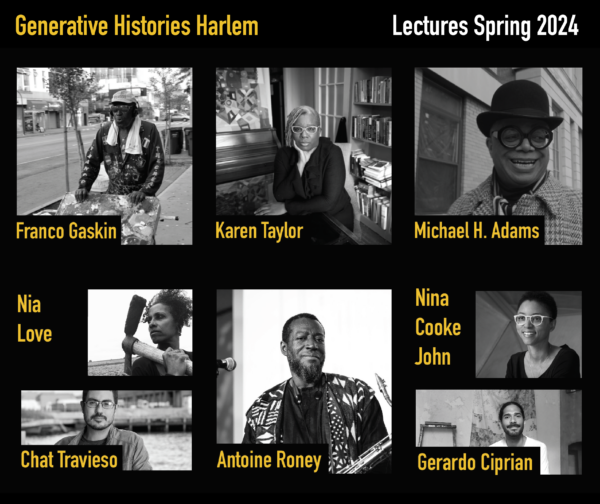
Karen Taylor, photo by David Gonzalez
The Incubator addresses the immediate challenges confronting Harlem’s communities, specifically its historically Black, African, and Afro-Caribbean populations. As Harlem’s cultural heritage faces threats, the Incubator addresses the urgent need to rethink spatial practices by safeguarding the neighborhood’s rich heritage and bearing witness to residents’ lived experiences.
Furthermore, the Incubator’s focus on connecting architecture with culture, place, and history aligns with the growing demand for ambitious ideas addressing social justice issues in the design world. By forging innovative university-community partnerships, the Incubator pioneers a new model for design education, leveraging local knowledge and cultural production that is not only preserved but also celebrated and woven into its future fabric.
Introducing
The Harlem Place Memory & Culture Archive
The Harlem Place Memory & Culture Archive empowers Harlem’s intergenerational community and culture-makers to document, share, access, and connect over Harlem’s living cultural landscape. The Archive collects, organizes, and hosts digitized cultural assets of Harlem’s place-based histories, prioritizing the wide-ranging preservation work of Harlem’s Black, African, and Afro-Caribbean communities, and facilitates access through the Living Digital Archive website. The Archive aims to actively resist colonial archival gatekeeping practices and celebrate expressive culture, organizing, and community-building efforts that transform, reclaim, and preserve the built environment and heritage of Harlem.
The Harlem Place Memory & Culture Archive was initiated by the PMCI in collaboration with Caribbean Center Africa Diaspora Institute (CCCADI), Save Harlem Now!, The Harlem Cultural Archives, Uptown Grand Central, and an expanding ecosystem of Harlem community partners and archive projects. The Harlem PMCA is an independently stewarded archive.
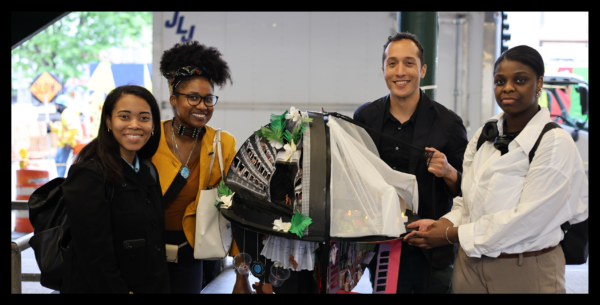
How are we going to do this?
Through community partnerships based on reciprocal collaboration, the Incubator will forge meaningful relationships with organizations such as the Harlem Arts Alliance, Save Harlem Now!, Caribbean Cultural Center African Diaspora Institute, Uptown Grand Central, and others. These partnerships will provide students, faculty, and staff with practical experience, expanded cultural understanding, and sustained dialogue with the artists and stewards of Harlem’s living heritage.
Moreover, the Incubator will offer support to community partners, including time and design services for archival documentation projects and addressing spatial challenges. By leveraging curricular resources, the Incubator will assist these nonprofits in meeting their spatial needs, such as interpreting development patterns and co-creating experimental memorialization strategies.
How is Spitzer positioned to do this work?
Nestled in the vibrant heart of Harlem, the Spitzer School of Architecture proudly boasts deep-rooted connections to the local community, complemented by a student body reflecting the diverse mosaic of its surroundings. As the flagship public school of architecture in New York City, Spitzer harnesses the rich talents of its students, staff, and faculty to drive forward-thinking approaches to design education. Through an unwavering commitment to and integration of the humanities, historical understanding, and community engagement into its curriculum, Spitzer pioneers an innovative approach unparalleled in U.S. architectural schools. This visionary stance seamlessly aligns with Spitzer’s ethos of embracing Harlem’s cultural legacies and strengthening its enduring ties to the vibrant community it serves. Beyond transforming design and preservation, Spitzer’s mission extends to redefining the role of architectural schools as champions of social justice and cultural awareness.
